Police must abide by court rulings on arrests and remand

Amid nationwide crackdowns in response to the recent violence centring the quota reform movement, we are alarmed by the reckless disregard for Supreme Court guidelines for arrests and remands. Reports published over the last few days paint a disturbing picture of how arrestees have been treated. Between July 18 and 28, some 8,914 people, including students and BNP and Jamaat men, have been arrested in 46 districts. In Dhaka alone, 2,764 people have been arrested. But as claimed by relatives and lawyers, many of the suspects were picked up by plain-clothes officers who did not identify themselves, and in many cases, the accused were not produced before court within the stipulated 24-hour period. Families of many students were left in the dark as their children were picked up and only learned of their whereabouts when they were produced before court days later. Many on remand were allegedly subjected to inhumane torture.
All such instances are blatant violations of the guidelines issued by the Appellate Division of the Supreme Court in 2016. According to the guidelines, law enforcement officials are obligated to identify themselves before arresting an individual and inform the next of kin within 12 hours. Moreover, arrests cannot be made in plainclothes, and the arrested must be allowed to contact their relatives and seek legal counsel.
It is worrying how due process is still being openly flouted by the law enforcement personnel. Former Ducsu Vice-President Nurul Haque Nur's wife Maria Nur told daily Samakal that those who picked him up from their home in the early hours of July 19 did not identify themselves, and produced him before a court after 39 hours of detention. During that time, he was physically tortured to the point where he was unable to walk by himself, as he told the court. BNP leaders Aminul Haque and Sultan Salauddin Tuku also complained of being tortured in remand.
The detention of the six quota reform coordinators by the Detective Branch (DB) of DMP is another case in point. They were all picked up between Friday and Sunday—"for the sake of their security," according to the DB—in a manner that legal experts called "unconstitutional"; two of them were even undergoing treatment at the time. Then there is the case of a minor—17-year-old student Hasnatul Islam Faiyaz—who was taken to court tied with ropes and placed on a seven-day remand, which was later cancelled. We can also talk about how police falsified facts in the First Information Report (FIR) on slain university student Abu Sayed, which completely contradicts widely circulated video footages, in an apparent bid to absolve themselves of responsibility.
These are just some of the more prominent cases highlighted by the media. We understand that the law enforcement authorities are operating with a sense of urgency to restore order in these volatile times—when six days of violence took at least 163 lives across the country, not to mention the damage caused to key public infrastructures. But this is also precisely why they must operate strictly within the bounds of the law, with utmost accountability for their actions, as restoring order may not be possible without restoring confidence about their integrity. In any case, violating law and citizens' rights in the name of law enforcement is totally unacceptable.
The Supreme Court guidelines were issued to prevent police excesses and ensure accountability. There is no scope for even an iota of oversight or violation in their activities. We, therefore, urge the law enforcement authorities to look into this matter urgently and ensure that anyone accused or arrested in connection with the recent violence is treated as per court guidelines and constitutional obligations.

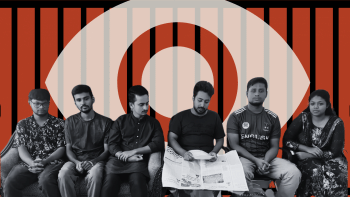
 For all latest news, follow The Daily Star's Google News channel.
For all latest news, follow The Daily Star's Google News channel. 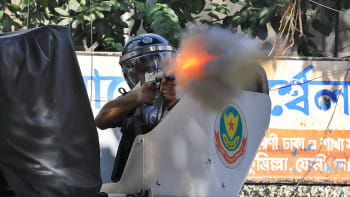

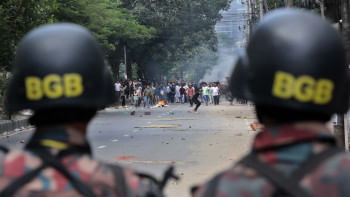
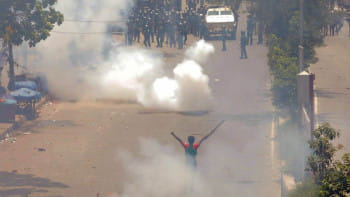



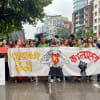




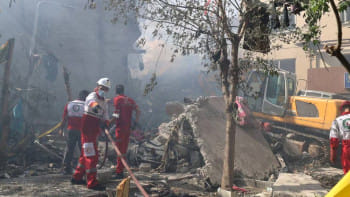
Comments